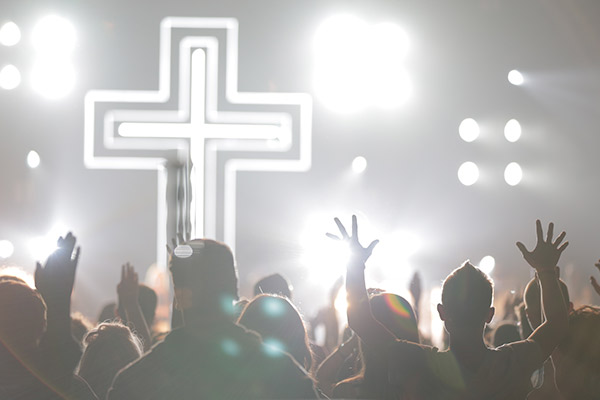17 Aug. How to meet together as a church
"So, brothers and sisters, what should you do? When you meet together, one person has a song, and another has a teaching. Another has a new truth from God. Another speaks in a different language, and another person interprets that language. The purpose of all these things should be to help the church grow strong."
"When you meet together, if anyone speaks in a different language, it should be only two, or not more than three, who speak. They should speak one after the other, and someone else should interpret. But if there is no interpreter, then those who speak in a different language should be quiet in the church meeting. They should speak only to themselves and to God."
"Only two or three prophets should speak, and the others should judge what they say. If a message from God comes to another person who is sitting, the first speaker should stop."
"You can all prophesy one after the other. In this way all the people can be taught and encouraged. The spirits of prophets are under the control of the prophets themselves. God is not a God of confusion but a God of peace..."
"So my brothers and sisters, you should truly want to prophesy. But do not stop people from using the gift of speaking in different kinds of [heavenly] languages. But let everything be done in a tight and orderly way."
(1 Corinthians 14:26-40)

In this part of his letter to the believers in Corinth, Paul offers advice on how to conduct orderly thanksgiving and worship.
Worship for the early Christians was quite different from the Sunday services experienced in many churches today. Believers met together in their own homes, and worshipped during a shared meal called the ‘thanksgiving’ (Greek - ‘eucharistia’). Paul says, “When you meet together, one person has a song, and another has a teaching. Another has a new truth from God. Another speaks in a different language, and another person interprets that language” (1 Corinthians 14:26).
This suggests that worship in Paul’s day had elements familiar to us today, such as hymns and songs, and teaching from God’s word. But the style was much less formal than in most churches today, as one person would start singing, another would share some teaching from God’s word, while yet another might offer a ‘new truth’ – a ‘word of knowledge’ from God (see 1 Corinthians 12:8).
This might be followed by two or three messages ‘in tongues’ – heavenly languages inspired by the Holy Spirit – while someone else would interpret what God was saying through these messages (see 1 Corinthians 12:10).
Finally, worship would not be complete without two or three ‘prophesies’ – messages about the Good News of Jesus, inspired by God – while all the believers were urged to weigh carefully what was said. This would ensure that the prophesy was, indeed, from God (see 1 Corinthians 14:29-31) and the speaker was truly exercising a gift from the Holy Spirit (see 1 Corinthians 12:10).
The photo shows young people worshipping together at a Soul Survivor gathering.
You can read more from Paul's First Letter to the Corinthians @ https://www.thebiblejourney.org/…/worship-in-the-early-chu…/
